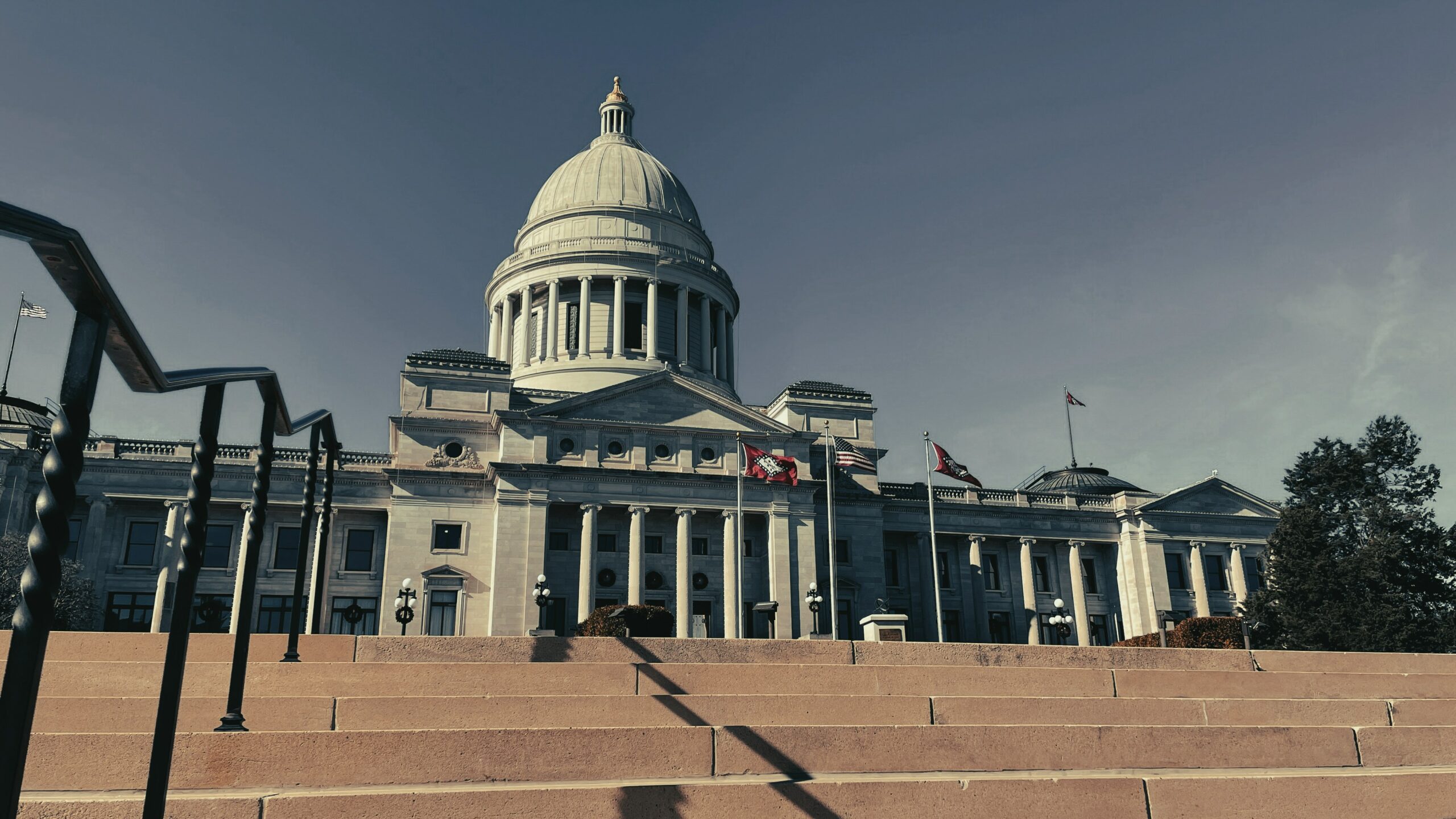Reporting from the Arkansas State Capitol: Eighth Fiscal Session Convenes (April 10, 2024)
Mullenix & Associates
“Our preference is to keep it very limited, and that’s been our practice since voters approved annual sessions in 2008.” – House Speaker Matthew Shepherd (R-El Dorado)
At noon today, the Arkansas General Assembly convened for the eighth Fiscal Session to finalize the state budget for FY2025, which runs from July 1, 2024, through June 30, 2025. The session is expected to last a maximum of 30 days unless three-fourths of the House and Senate vote to extend it for an additional 15 days. If the legislature opts to consider bills outside the scope of the budget, both chambers must approve the resolutions by a two-thirds vote. Items currently on the agenda include:
Governor Sarah Sanders’ budget: If passed, the proposed $6.3 billion budget would increase FY2025 spending by $109 million—a year-over-year uptick of 1.76%—with the majority allocated to implementing the LEARNS Act, primarily for Education Freedom Accounts.
Pay plans for state employees: As part of Governor Sanders’ efforts to boost the state’s competitiveness, she proposed a one-time 3% pay increase and a permanent raise to at least $15 an hour for all state employees by July 1. Governor Sanders stated she will pursue a more comprehensive pay plan overhaul during the 2025 session.
Cryptocurrency mining: Passed during the 2023 Regular Session, Act 851 limited the local government’s ability to pass regulations aimed at cryptocurrency mines. Legislators may seek updates to the law or an outright repeal following constituent backlash over facilities’ noise levels, energy usage, community impact, or foreign ownership.
Income tax cuts: As noted in previous newsletters, legislative leaders will not ask the General Assembly to consider additional income tax cuts during the Fiscal Session. Governor Sanders previously signed two reductions into law, bringing the top income tax rate for individuals to 4.4% and for corporations to 4.8%.

